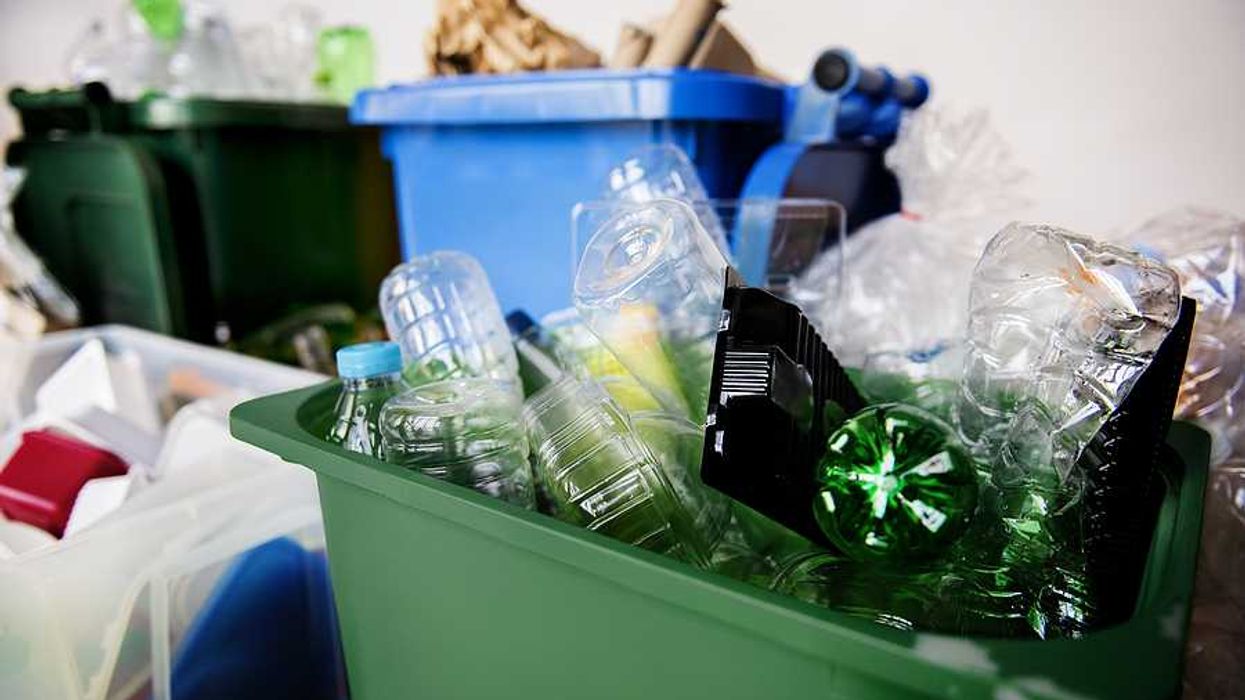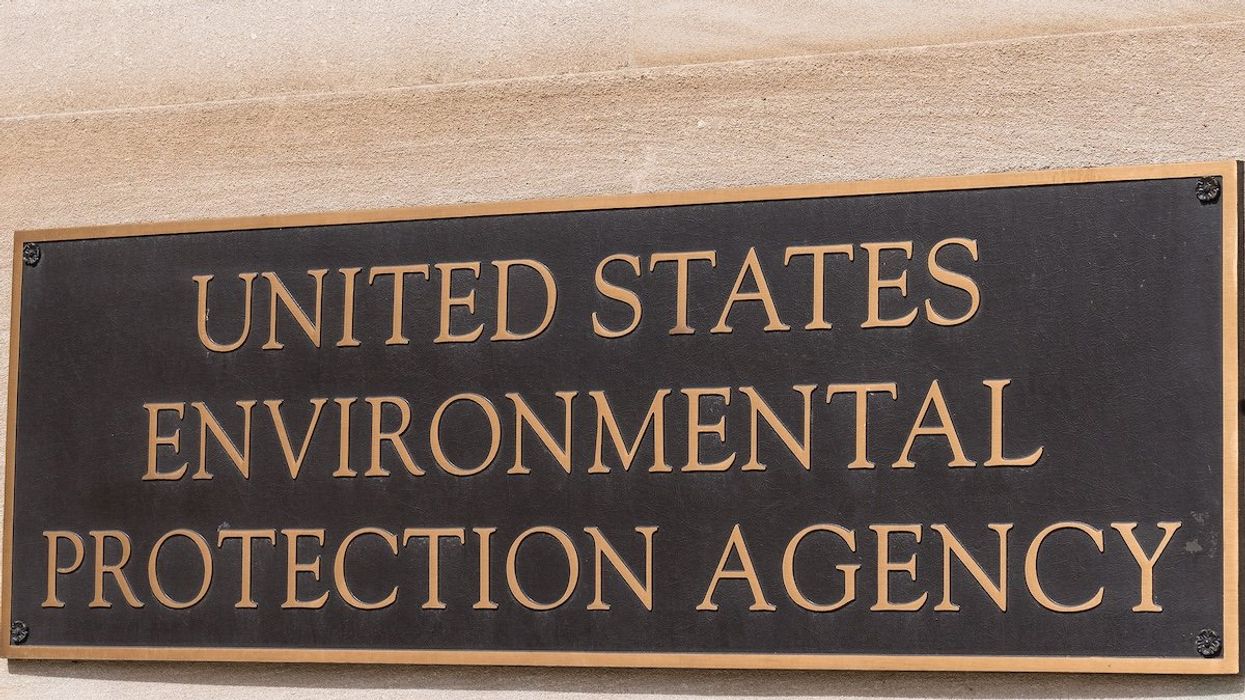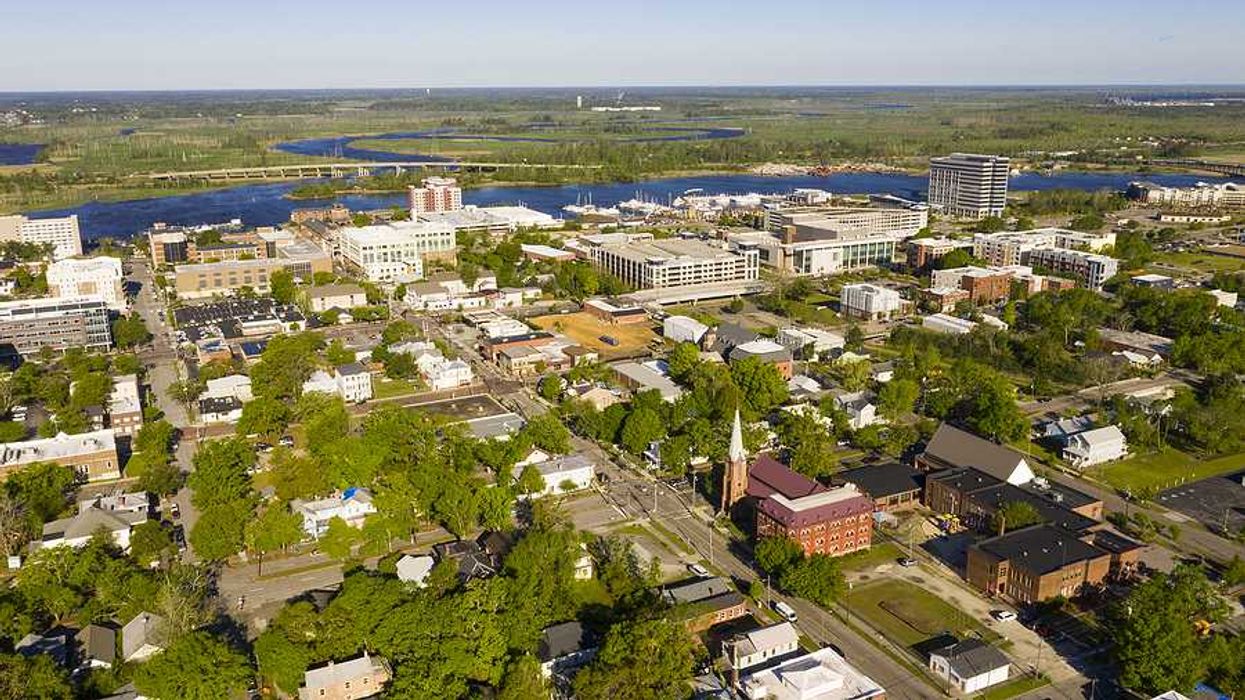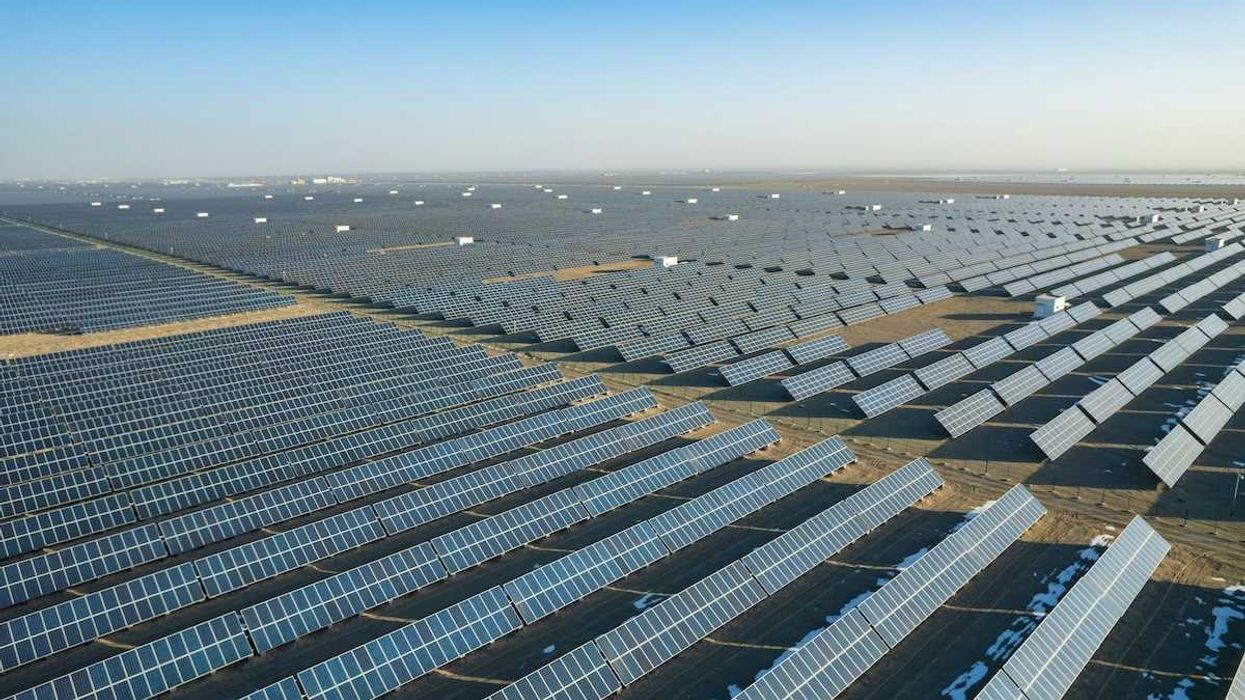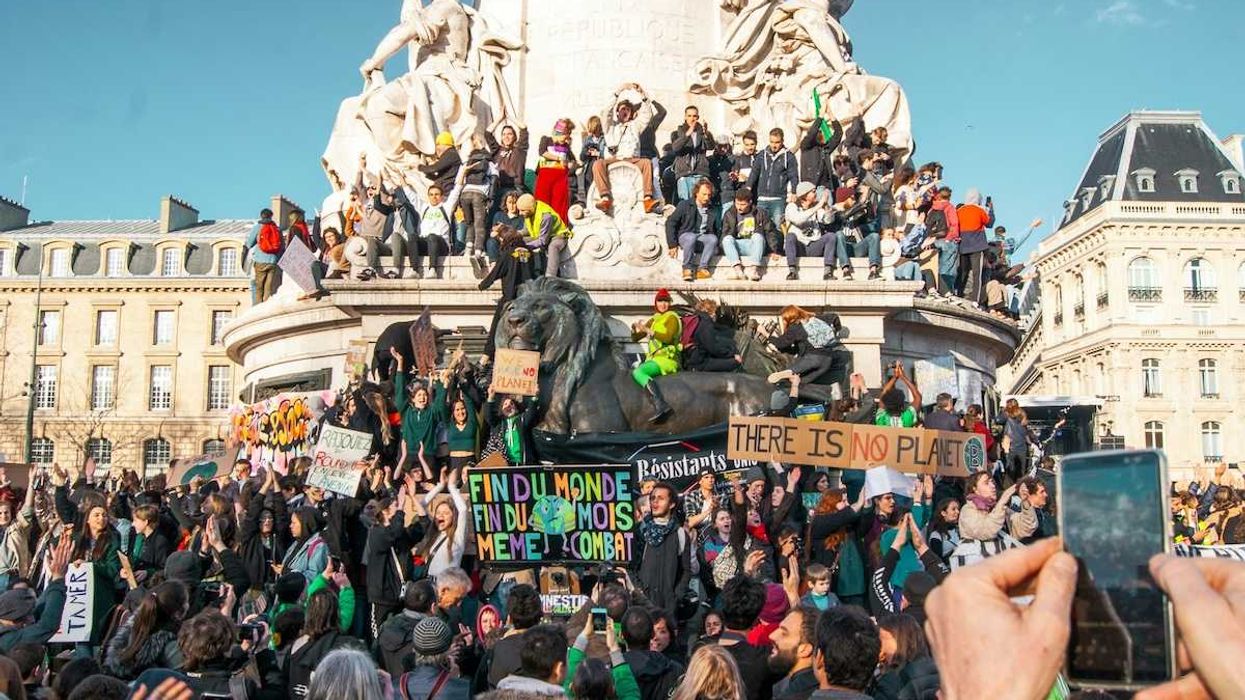While global warming accelerates, highly polluted megacities like Mumbai are experiencing slower warming rates due to sunlight-reflecting aerosol particles.
Lylla Younes reports for Grist.
In short:
- Researchers found pollution in megacities temporarily slows warming by reflecting sunlight back into space.
- This cooling effect is short-lived and stems from harmful pollutants like aerosols.
- As countries clean up pollution, vulnerable populations face increased heat exposure risks.
Key quote:
“The poorer you are the hotter it gets, where heat is a metaphor for all forms of climate disruption.”
— Christopher Schwalm, Risk Program Director, Woodwell Climate Research Center
Why this matters:
Polluted cities may see temporary relief from rising temperatures, but this masks the broader risks of climate change. As pollution decreases, under-resourced communities are most vulnerable to extreme heat, worsening global inequality.




